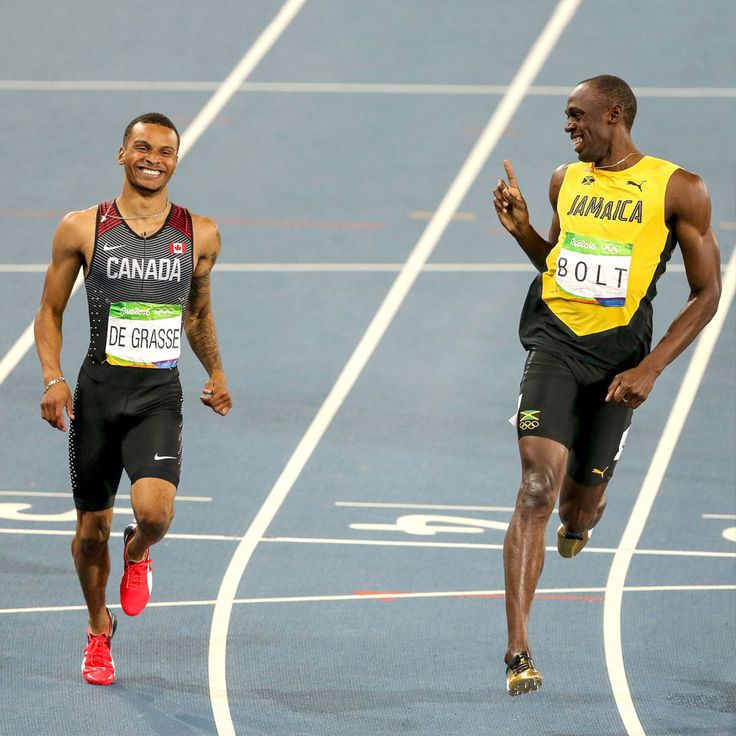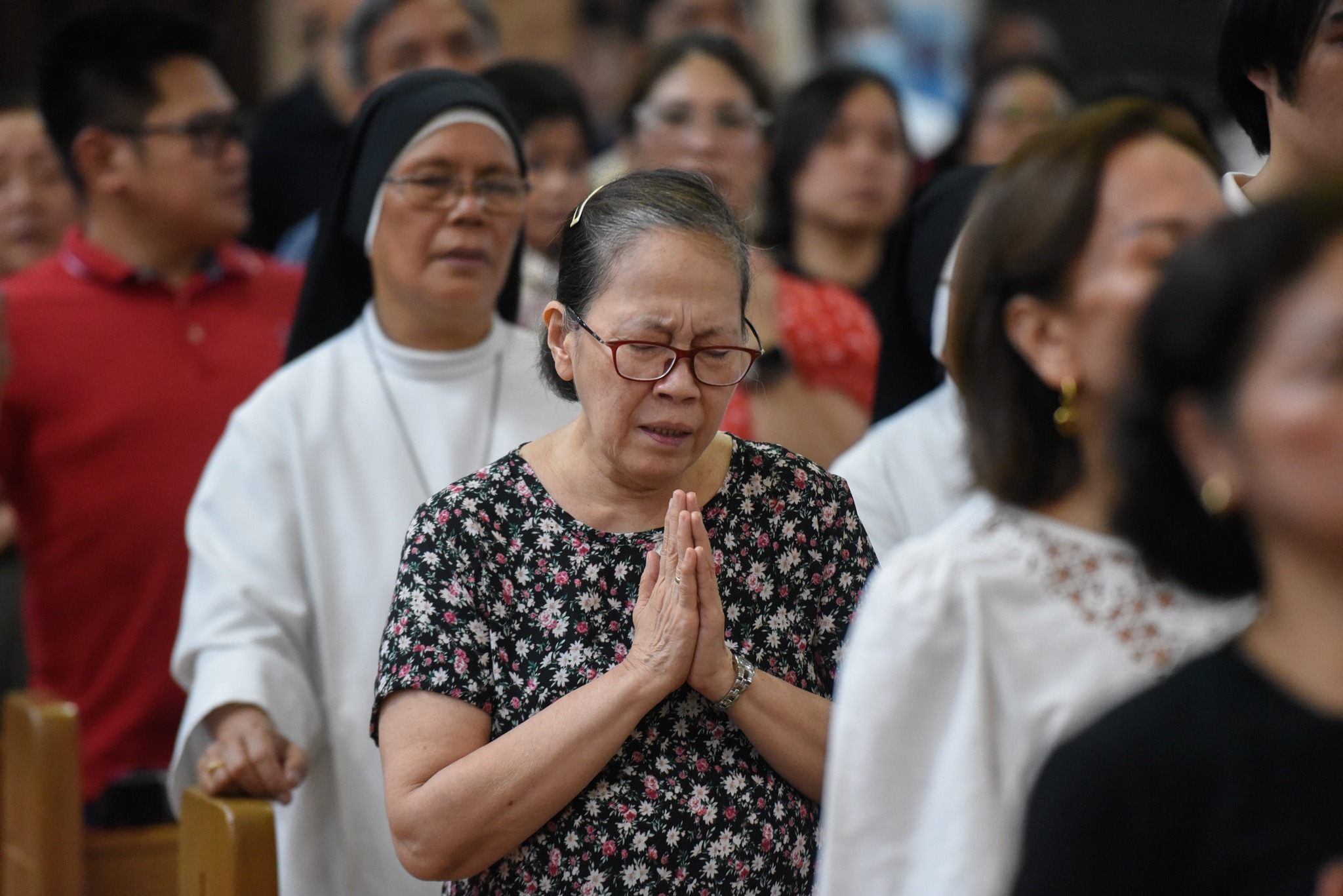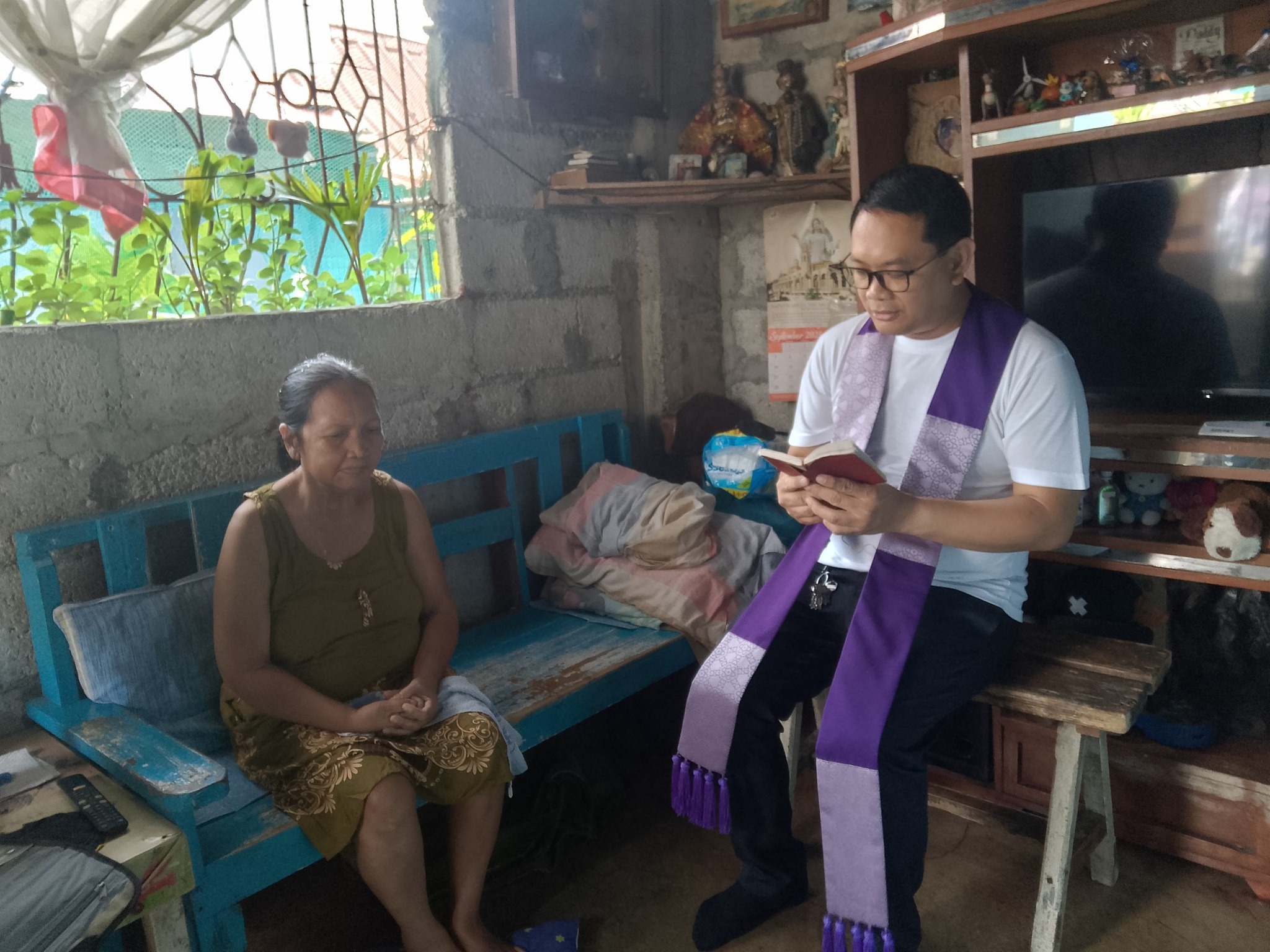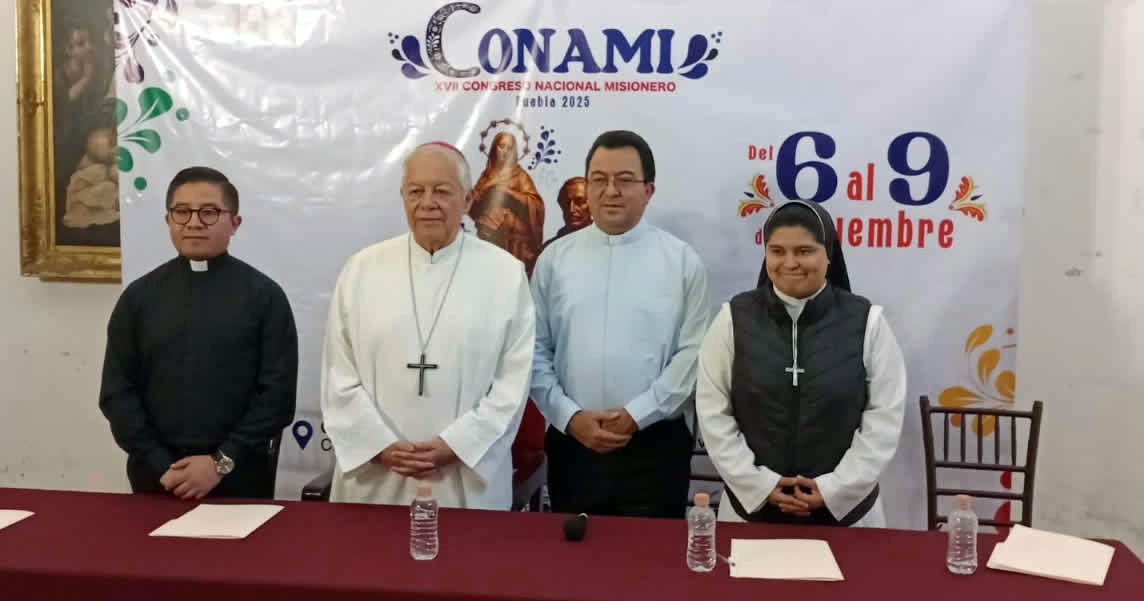Robaird O’Cearbhaill
Hong Kong Correspondent
There are the rare rags to riches examples of extraordinary successes to escape from poverty and limited access to good education. Usain Bolt came from a poor small town next to the “bush” in developing Jamaica. He neither had early educational, nor other, privileges, so how did he become a legendary sprinter?
His luck was his talent of speed. Phenomenal success came after a sports scholarship, honing his talent by listening to good coaches, working hard and always Catholic: As he tweeted, “With God all is possible” However, Bolt had physical challenges that could have blocked him.
Bolt had two disadvantages to get hurdle. There had never been a very tall sprinter and he had a spine disability – scoliosis. He overcame the poor coordination that tallness brings. His scoliosis was not severe and remedied it by back training.
Bolt was at his peak. Why did he retire early at 30? Likewise before retiring, why only get a bronze medal at the World Athletics Championships, after a long reign?
The reasons were revealed, after a long silence, in a Jamaica interview with Yendi Phillips.
He said he planned on retiring after his third glorious Olympics but his minders urged him to do the World Championship 100m. Bolt very reluctantly agreed but near to the race his doctor told him to withdraw or get injured. Bolt replied: “I cannot not go.” He did and was injured, and was ashamed to talk about the circumstances: “I didn’t want to fail, people are going to say: ‘Loser.’”
Bolt’s retirement was to quit after he became “great.” “My aim was to be one of the greats.” He aimed first to be an Olympic sprint champion. When he won, he remarked: “It was everything.” But he aimed for even more: “You can go beyond that to a different level, a category by yourself.”
Bolt explained his early retirement: “The passion wasn’t there again one time. I thought if you don’t love something as much as you used to love it, it’s not going to work,” he told Phillipps.
But what Bolt does love now is helping poor rural children in Jamaica have the same education, through computers and internet, as urban kids in the country and in developed countries. His Usain Bolt Foundation provides that and sports. At the foundation’s website, in a link for a schools’ computers donations event he said: “The best thing about my life is to give back, especially to the children much needed equipment.”
For his future career: “You gotta make your moves. Now it’s how can I make the brand bigger.”


 Follow
Follow


